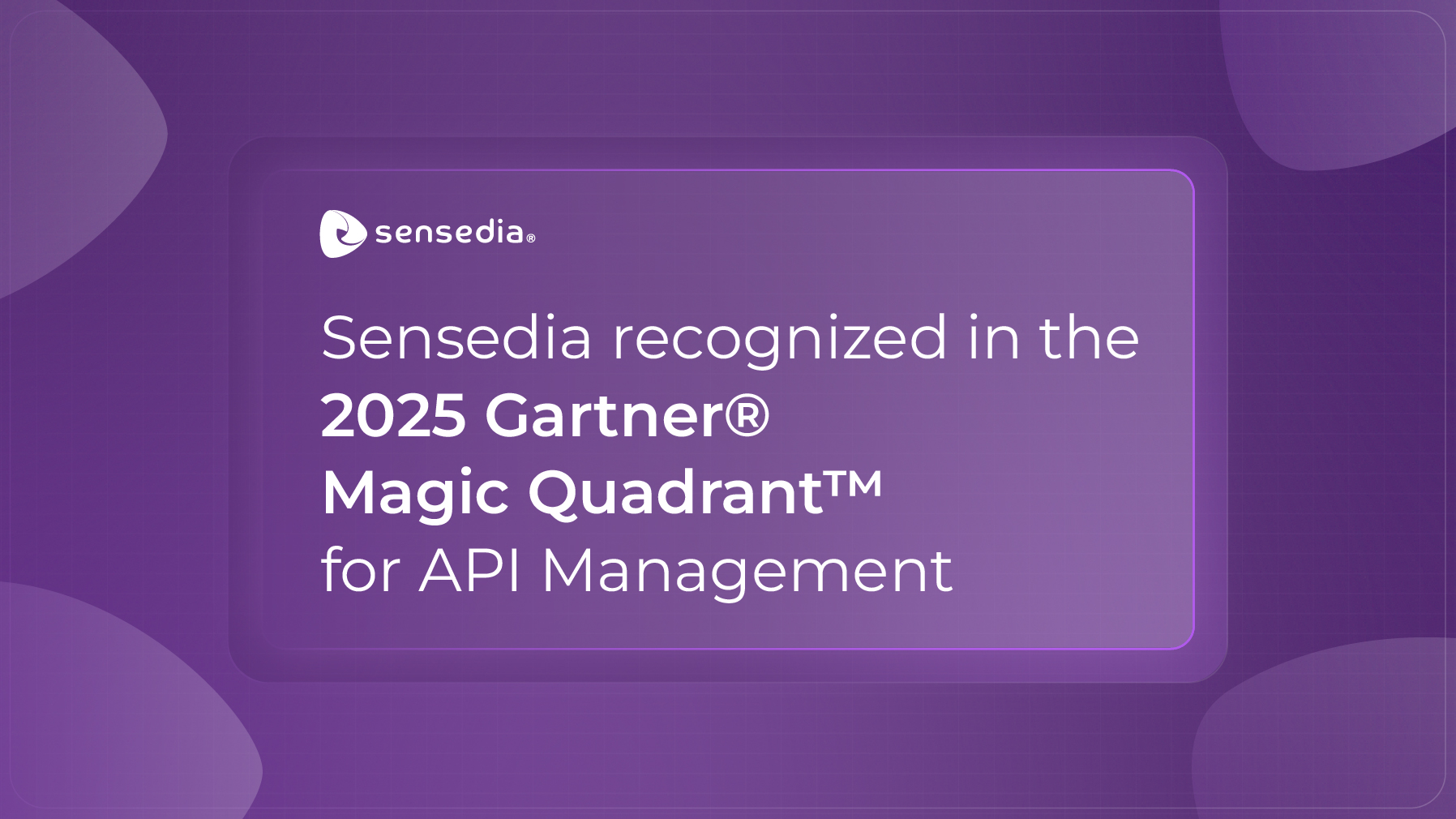5 Essential Benefits of iPaaS for Your Integration Strategy
The need for businesses to quickly integrate various systems, applications, and data in complex and hybrid environments is growing rapidly. iPaaS (Integration Platform as a Service), an advanced and cost-effective integration platform, offers significant advantages for businesses where the integration of legacy systems with new SaaS applications, process automation, and support for multi-cloud environments are critical to staying competitive.
According to a report by Verified Market Research, the global iPaaS market is expected to reach $23.71 billion by 2028, with a compound annual growth rate (CAGR) of 37.2% from 2021 to 2028.
Implementing this platform is a rising trend, and in this article, we outline five essential benefits that iPaaS can bring to your integration strategy.
1. Fast and Efficient Integration
Being agile and able to quickly respond to market changes through efficient system integrations is a major competitive advantage.
Companies facing long development cycles to build custom integrations and struggling with data inconsistencies between departments and applications will find iPaaS to be a solution that resolves all these issues. The platform uses pre-built connectors to integrate on-premises systems, SaaS applications, multi-cloud environments, and legacy systems. By eliminating the need for custom code, it speeds up integration times, ensuring data flows consistently and in real time.
2. Eliminating Data Silos
One of iPaaS’s key capabilities is breaking down data and system silos within an organization, offering a centralized and collaborative view of information. This eliminates fragmentation, improving efficiency, visibility, and real-time decision-making.
Imagine a company using different systems like a CRM, an ERP, and an e-commerce platform. With iPaaS, all of these can be seamlessly integrated, allowing for fluid operations, eliminating duplications, and ensuring that all departments work with the same information.
3. Reducing Operational Costs
In an era where innovation and technology are crucial for operational success, companies are facing high costs related to:
- Specialized IT teams required to build and maintain integrations
- Purchasing and maintaining infrastructure
- Lack of automation, which increases maintenance and management costs, among other expenses
Since iPaaS is cloud-based, it eliminates the need for physical infrastructure investments and reduces the cost of developers, as integrations become simpler and more automated.
4. Enhancing API Composition and Orchestration
API composition and orchestration are essential standards in modern integration architectures, playing distinct roles in managing applications and system integrations.
An iPaaS platform enhances these standards by providing tools to simplify, manage, and scale integration flows, ensuring seamless and efficient data exchange between systems.
- API Composition: This allows data to be aggregated from various APIs, combining them into a single response to meet front-end application needs. It also simplifies the process with pre-built connectors and data mapping and transformation tools.
- API Orchestration: This coordinates multiple API calls in automated sequences, ensuring that data flows and processes between different systems are managed efficiently. It ensures data consistency, fault tolerance, and automation of complex processes across systems like CRMs and ERPs.
5. Scalability and Flexibility
In today’s competitive market, there’s no room for businesses that remain stagnant due to difficulty adapting quickly to new demands or the lack of scalability in their integration solutions.
In addition to offering all the benefits listed above, iPaaS also stands out as a solution that addresses these challenges. The platform enables businesses to scale their integrations as their operations grow, easily adding new systems and partners. Moreover, it allows for the creation of dynamic integrations that keep pace with market and business evolution—providing the flexibility needed to support the growth of digital ecosystems and bring agility and modernity to your architecture.
Conclusion
iPaaS has already established itself as an essential strategic solution for companies looking to modernize their integration strategies. Furthermore, combining iPaaS with API Management can further enhance a company’s architecture, providing a robust and comprehensive integration platform.
For detailed information tailored to your company’s needs, click here to contact us. One of our specialists will be happy to speak with you and help apply all the iPaaS benefits listed above to your operations.
Begin your API journey with Sensedia
Hop on our kombi bus and let us guide you on an exciting journey to unleash the full power of APIs and modern integrations.
Related content
Check out the content produced by our team.
Embrace an architecture that is agile, scalable, and integrated
Accelerate the delivery of your digital initiatives through less complex and more efficient APIs, microservices, and Integrations that drive your business forward.





.svg)




.png)


